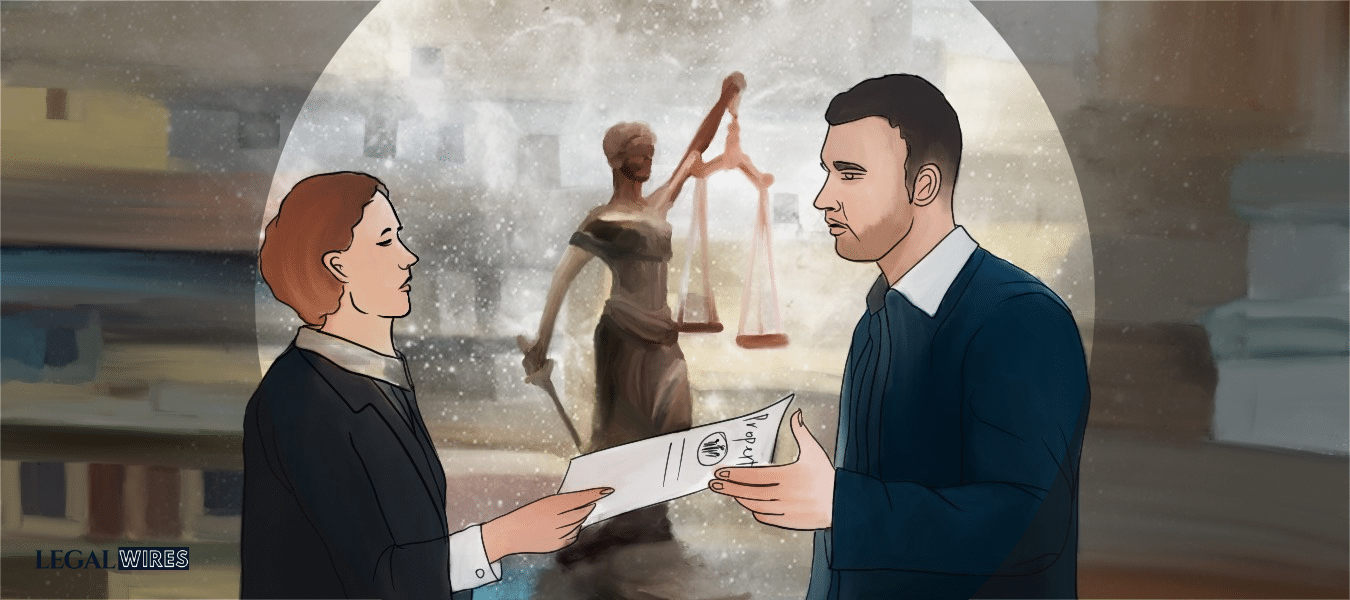The Hindu Succession Amendment Act was made effective from 9th September 2005. R, amended her plaint to claim her share as per the Amendment Act 2005.

Citation: (2016) 2 SCC 36
Date of Judgment: 16th October, 2015
Bench: Adarsh Kumar Goel, Anil R. Dave
Facts:
The Respondent (R)’s father died on 18 February 1988. There were certain properties which were acquired and inherited by R’s father. R filed a suit in Trial Court in the year 1992, where R demands partition in her father’s properties.
The Trial Court partly allowed the suit to the extent of 1/28th share in certain properties on the basis of notional partition, no share was given in some properties and 1/7th share was given in remaining property.
The Hindu Succession Amendment Act was made effective from 9th September 2005. R, amended her plaint to claim her share as per the Amendment Act 2005. To challenge the decision of the Trial Court, R approached the High Court. The Karnataka High Court ruled in favour of R holding that an amendment would be applicable to pending proceedings, even if such an amendment was prospective in its operation (HC Order). This HC Order was challenged before the SC, where appellant (A; R’s brother) contested that R could only get share in her father’s self-acquired property.
Issues:
1. Whether the Hindu Succession Amendment Act 2005 applicable on notional partition?
2. Whether the Hindu Succession Amendment Act 2005 will have retrospective effect?
Reasoning:
1. Whether the Hindu Succession Amendment Act 2005 applicable on notional partition?
No.
Sec 6 of the Act expressly states that the word ‘partition’ means a partition done by the document registered in Registration Act, 1908, or done by the order passed by the court. In this case, the partition was not done by the partition deed or any of the court’s order, it would be recognized as a notional partition.
As per Supreme Court in the notional partition, shares in the Ancestral Properties were already given to the heirs under the Hindu Succession Act, 1956. The said rights cannot be taken away by an amendment to the Principal Act.
2. Whether the Hindu Succession Amendment Act 2005 will have retrospective effect?
No.
The High Court allowed the appeal of R as per the judgment delivered in the case of G. Sekar v. Geetha[1] and Others, wherein the Supreme Court held that any Amendment in the law will apply to a pending proceeding.
The SC overruled the High Court’s decision referring to the case Shyam Sunder v. Ram Kumar[2], in which it was held that unless the legislature expressly states the act can be retrospective, it is implied that the intention of the legislature is to apply it prospectively.
The Supreme Court further states that in the Hindu Succession Amendment Act 2005, the legislature expressly said through section 6(5), nothing contained in this section shall apply to a partition, which has been effected before the 20th day of December 2004.
Judgment:
The SC held that the Amendment Act itself suggests that a daughter has a right in coparcenary property on and from the commencement of the Hindu Succession Amendment Act 2005. The HC order was overruled by the SC.


